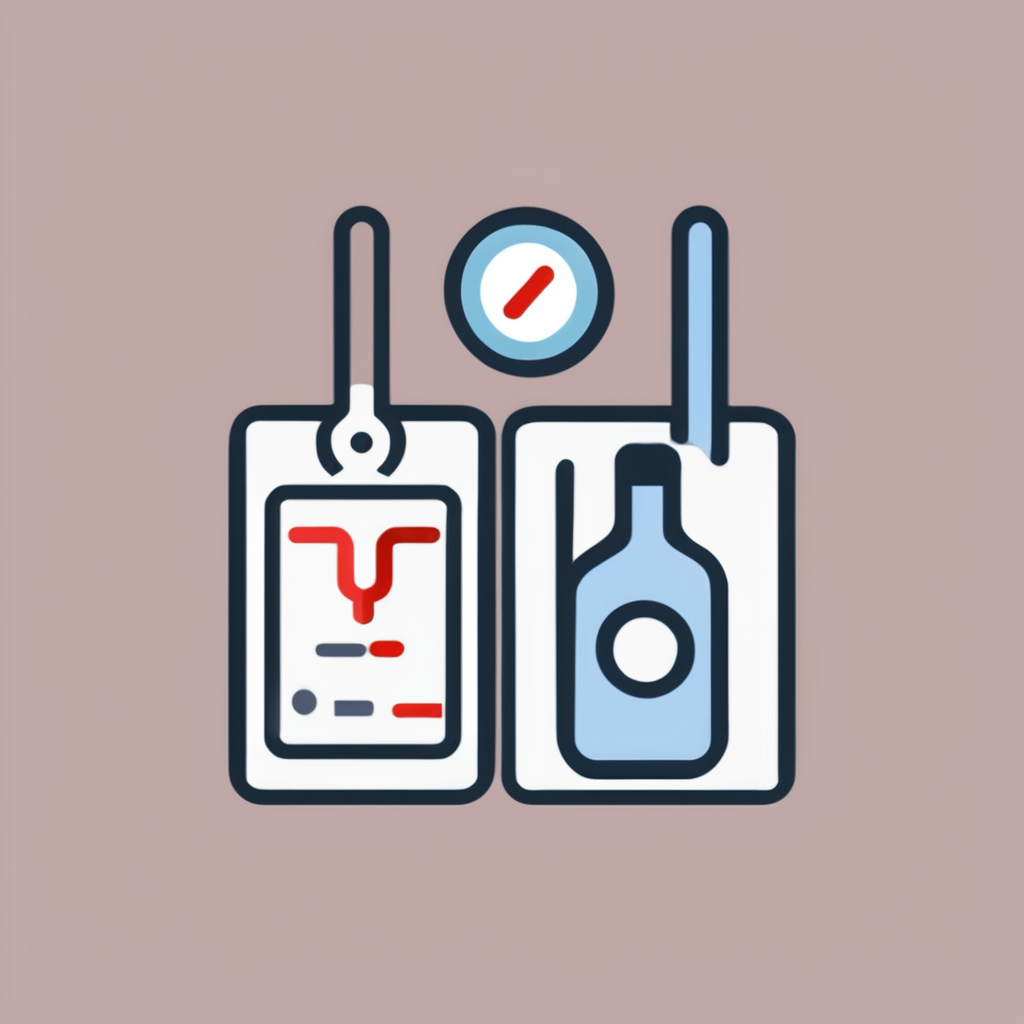Safe travel methods for pregnant women in the UK
When considering travel during pregnancy UK, selecting the safest transport options is crucial for both mother and baby. The NHS and UK government offer clear guidance on pregnancy travel safety to help expectant mothers make informed decisions.
Cars provide flexibility and control but require frequent breaks to prevent blood clots. Wearing a seatbelt correctly—below the bump and across the chest—is vital. Trains and coaches are generally safe, offering more space to move around and stretch, reducing circulation problems.
Also read : How Does the UK Healthcare System Support Pregnancy Health?
Domestic flights are allowable until about 36 weeks for uncomplicated pregnancies. Airlines may require a medical certificate after 28 weeks. Risks involve cabin pressure and limited mobility, so staying hydrated and walking when possible is important.
Ferries combine fresh air and mobility benefits and typically pose low risk; however, rough seas might increase discomfort. Assessing each mode’s risks and benefits based on gestation, health status, and travel duration ensures safer journeys.
Also read : What are the key differences in prenatal care across the UK regions?
The NHS emphasizes consulting healthcare providers before travel to personalize advice. By understanding options—from car rides to ferries—pregnant women in the UK can confidently choose safe transport suited to their needs.
Health precautions and comfort tips for pregnant travelers
Travel during pregnancy demands special health tips for pregnancy travel to ensure comfort and safety. One essential precaution is to stay well-hydrated throughout the journey. Drinking plenty of water prevents dehydration, which can worsen pregnancy symptoms and cause complications. Additionally, moving regularly during travel is crucial; this helps reduce the risk of blood clots and swelling in the legs, common issues during flight or long car rides.
Managing common discomforts such as swelling and nausea is another key aspect of pregnancy comfort travel. Wearing compression socks can alleviate leg swelling, while eating small, frequent meals and avoiding strong odors can help control nausea. Frequent toilet breaks are important too, as pregnancy increases the need to urinate. Planning stops ahead of time can add ease to your trip.
Packing essential items enhances safety and comfort on UK trips during pregnancy. Bring prenatal vitamins, any prescribed medications, and a list of emergency contacts. Including snacks, a water bottle, and comfortable clothing supports a pleasant journey. Taking these travel during pregnancy precautions can make travel more manageable and enjoyable.
When travel is not advised during pregnancy
Understanding key NHS pregnancy guidelines to ensure safety
Travel restrictions during pregnancy are vital to follow for both mother and baby’s wellbeing. According to NHS pregnancy guidelines, travel is generally discouraged during the first trimester due to the increased risk of miscarriage and severe morning sickness. The third trimester, especially after 36 weeks, also poses significant risks, including the possibility of going into labour while away from medical support.
When not to travel pregnant becomes clearer when certain complications arise. Women with conditions such as pre-eclampsia, bleeding, or a history of premature labour should avoid travel altogether, as these symptoms indicate heightened vulnerability. It’s crucial to consult healthcare providers if any worrying signs develop before planning a trip.
Advanced pregnancy brings added complexity. High-risk pregnancies, such as twins or gestational diabetes, often involve strict travel restrictions during pregnancy due to potential emergency needs. The NHS recommends avoiding long journeys or those without immediate access to maternity care. Even within the UK, some rural areas lack quick emergency services, so careful planning aligned with NHS pregnancy guidelines is essential for safety in late pregnancy stages.
Importance of travel insurance and medical support for pregnant women
Traveling while pregnant requires special attention to pregnancy travel insurance UK. Not all policies cover pregnancy-related issues, which can lead to costly surprises. When choosing travel protection for pregnancy, it’s crucial to select a plan that explicitly includes coverage for pregnancy complications and prenatal care. Many standard policies exclude these, so verifying details upfront ensures peace of mind.
Understanding medical support pregnancy travel involves knowing what is and isn’t covered. Coverage typically includes emergency treatment for pregnancy complications but often excludes routine prenatal check-ups or childbirth unless complications arise. Clarity on these points helps avoid unexpected expenses during your trip.
Accessing NHS or emergency care while traveling in the UK is another critical aspect. Although residents benefit from the NHS, travelers should confirm how and where to seek assistance in case of pregnancy-related emergencies. NHS services provide essential support, but some treatments might require private arrangements if insurance coverage is insufficient.
Prioritizing suitable travel protection for pregnancy blends safety with convenience, letting expectant mothers focus on enjoying their journeys confidently.
Essential UK-specific resources and helplines for pregnant travelers
When traveling during pregnancy, accessing UK pregnancy resources is vital for safety and peace of mind. The NHS offers comprehensive support for travel, including guidance tailored specifically for pregnant women navigating journeys within or beyond the UK. Their official website provides detailed advice on topics like vaccinations, travel insurance, and what to pack, ensuring travelers are well-prepared.
For immediate concerns or questions, national helplines serve as a lifeline. The NHS 111 service is available 24/7, providing urgent health advice, including pregnancy-related travel queries. Additionally, specialist services through maternity units and local NHS trusts can offer tailored advice if complications arise or if a pregnant traveler needs medical assistance during a trip.
To stay informed, pregnant women should consult trusted government websites and NHS portals regularly for up-to-date official travel guidance. These platforms update information on travel restrictions, health alerts, and local support facilities across the UK, crucial for planning safe journeys. By utilizing these trusted contacts and services, pregnant travelers can access the support they need, reducing anxiety and enhancing their travel experience within the UK.

